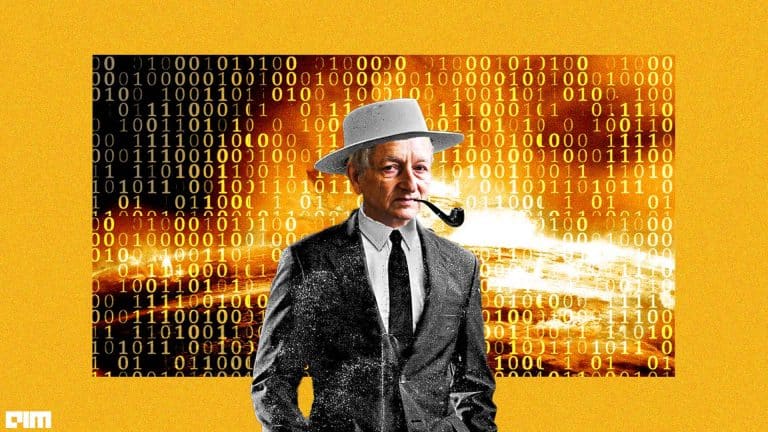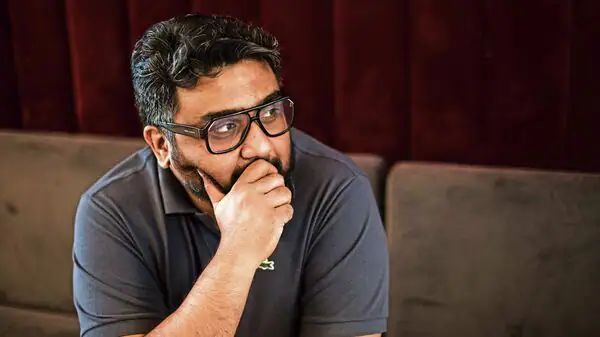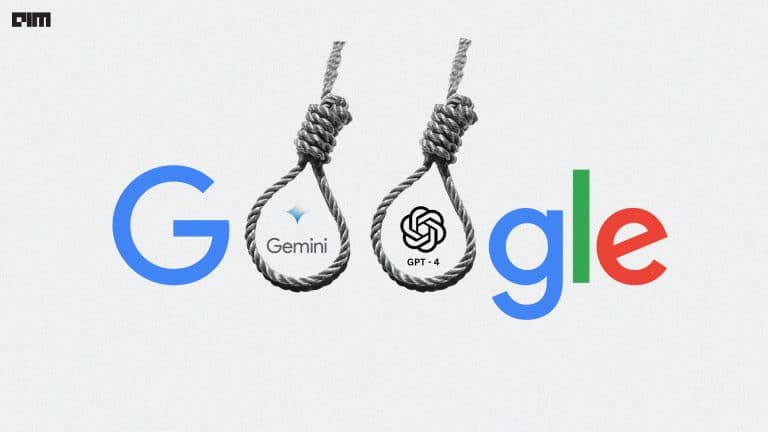|
Listen to this story
|
Sam Altman and OpenAI are in trouble. A lawsuit has been filed by Anthony Trupia against Altman and several stakeholders of OpenAI, including Reid Hoffman, Greg Brockman, Ilya Sutskever, Andrej Karpathy, and investors like Microsoft Corporation, Sequoia Capital, and Bedrock Capital Partners, among others.
Plaintiff Trupia has alleged that OpenAI has been running a “Non-Profit” entity — supposedly for ‘the benefit of all humanity’ — has perpetrated a massive fraud on donors, beneficiaries, and the public at large, and has exposed ‘all of humanity’ to massive unprecedented risks for personal gain. It further states that OpenAI has used this technology for the benefit of its beneficiaries and in the violation of the federal law.

Anthony Trupia, who goes by the username The Short Straw on Twitter is the person to file the lawsuit. In one of the replies to his tweet, a twitter user wrote that this is because he did not get into YC. We reached out to Trupia for comments, but he did not respond.
In a Twitter thread, Trupia explains in detail the importance and the basis of his lawsuit. He explains how the corporation’s structures are haphazard and are constantly passed back and forth and used freely, citing examples of renaming of YC Research to OpenResearch. “This is called commingling,” he adds — mixing personal and business finances.
When a corporation is formed, it has a separate legal identity from its owners. But according to Trupia, this is not the case with OpenAI.
“Commingling is generally illegal whether you are for-profit or non-profit. All the resources of the non-profit arm of OpenAI are commingled with resources of the for-profit arm. Same board members, same technology assets, and again, even the same name,” explained Trupia. This is also confirmed in a blog post by OpenAI.

Furthermore, Trupia claims that the YC network came together to pool their money under the banner of a non-profit OpenAI for avoiding copyright claims, paying taxes, and creating “the most powerful supercomputer.”
Trupia’s concern is that the company is profiting the YC partners but not “all of humanity”, which actually is touted as the purpose of OpenAI’s foundation.

Does the lawsuit have any basis?
This lawsuit against OpenAI is based on the fact that the company’s non-profit arm, which claims “all of humanity” as its beneficiaries, has been mostly benefiting the “incredibly narrow” board members and the network of Y Combinator, the tech accelerator. The key highlight here is that Altman was also the president of Y Combinator before being the CEO of OpenAI.
This means that even though Altman is not gaining any profits from OpenAI, he is still making money from Y Combinator, along with all the other beneficiaries. In a recent tweet, Altman also mentioned how being an investor is easy, high-status, and offers great money.
being a VC is so easy, so high-status, the money is so great, and the lifestyle is so fun.
— Sam Altman (@sama) May 7, 2023
very dangerous trap that many super talented builders never escape from, until they eventually look back on it all and say “damn i’m so unfulfilled”.
Altman is still the chairman of the YC’s accelerator program even after stepping down as the president of the investment fund. “The fundamental idea of OpenAI LP is that investors and employees can get a capped return if we succeed at our mission, which allows us to raise investment capital and attract employees with startup-like equity,” reads the OpenAI blog. This means that Altman still receives profit from YC.
A lot of Twitter users agree with the lawsuit. But, on the contrary, many are sceptical if it holds any ground or makes any sense at all. Lewis from SpellCraftAI asks in the thread, “At exactly what point in time did OpenAI executives assume any fiduciary duty to you at all?”
Another user points out that this is the normal working of all non-profit entities. The fact that OpenAI is not benefiting “all of humanity” as they claimed in their mission might be merely a misalignment, and not an actual fraud done against the world.
Possibly, the six-month pause on giant AI experiments, which was mostly against OpenAI, was actually a good idea. Regardless of the merit of the lawsuit, the conversation around the ethical business practises around these ethically questionable AI products is actually pretty important. The lawsuit definitely brings that to the forefront.
After Midjourney and Stability AI getting into legal trouble because of copyright infringements, it is now OpenAI which is landing into legal troubles.
Sam’s Altruism isn’t That True
Altman has been concerned about the ethical implications of OpenAI’s models like ChatGPT just like many of the masses are. But he also ensures that as long as the technology is under OpenAI’s control, it will remain safe. Now his altruistic approach towards AI seems a bit fishy.
Most importantly, this lawsuit brings up the question about the ethical practices at OpenAI and if they are actually building AI that is just for the benefit of all humanity, or just for its beneficiaries. It might possibly not be illegal, but is it ethical?
Moreover, the people who are researching AI safety for billionaires cannot be trusted completely over their intentions and ethics. The probability the AI doomers are true about the evilness within this model might actually be linked to the massive AI race between the big-tech.
OpenAI’s intentions with AI have never been quite clear anyway. Earlier, the company had decided to trademark on ‘GPT’, restricting anyone’s name in their products. Maybe this time, it is actually the beginning of the end of OpenAI. Or it might just be a lawsuit that does not affect the company at all.
Who knew that the technology that Sam Altman led OpenAI has been developing all this while might bring them to legal trouble. Though it has been in the talks about the use of copyright material for training its model, it never actually landed the company in trouble, except getting banned in several countries. But now the case is different, and potentially threatening for the company.
The shift of OpenAI from being a non-profit organisation to a for-profit company in 2019 has been criticised by Elon Musk for a long time. Moreover, he had also mentioned in a tweet that “it’s lawsuit time” against OpenAI for using Twitter’s data for training ChatGPT.
Earlier, OpenAI had also received a defamation lawsuit from Brian Hood, Australian regional mayor, because ChatGPT was spreading false information that he had gone to prison for bribery.



















































































